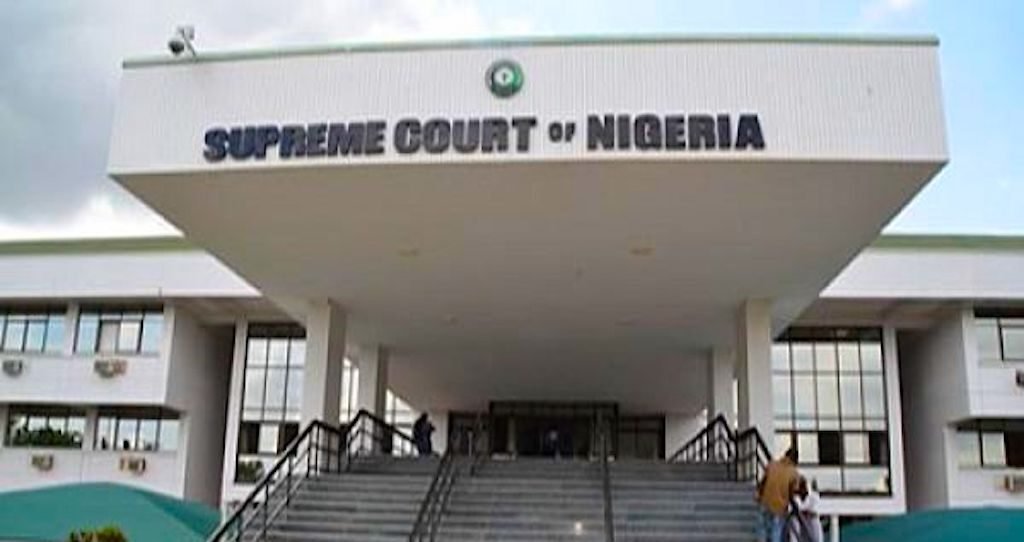
The Supreme Court has thrown out a lawsuit filed by Nigeria’s 36 state governments and the Nigeria Governors’ Forum against the Federal Government concerning how recovered stolen funds were managed.
The decision was made on Friday, May 23, by a seven-member panel of the apex court in Abuja.
The states had taken the Federal Government to court, accusing it of failing to deposit over N1.8 trillion in recovered cash and assets into the Federation Account between 2015 and 2021.
Nigeria Latest Update Emerges After Former Nigerian Vice Presidents Hold Closed-Door Meeting Amid 2027 Election Speculations
They claimed that instead of following the Constitution, the government redirected the funds into accounts that are not recognised by law, including the Consolidated Revenue Account and others.
According to the states, the Federal Government had recovered large amounts of money and property during that period.
These included cash, vehicles, buildings, crude oil, and other valuables through agencies like the EFCC, ICPC, the Police, and the Office of the Attorney General.
They argued that all proceeds from recovered assets should be treated as national revenue and placed in the Federation Account so that all levels of government—federal, state, and local—can benefit.
They also complained that the Federal Government had created special accounts such as the Asset Recovery Account and Interim Forfeiture Recovery Account to manage these assets, a move they said goes against constitutional rules.
The plaintiffs based their case on various sections of the Constitution and the Finance (Control and Management) Act.
They asked the court to order the Federal Government to return both cash and non-cash assets worth over N2 trillion to the proper account and give a full report of everything recovered so far.
They also wanted the Revenue Mobilisation and Fiscal Commission to create a proper plan to share the recovered assets among all states and the federal government.
However, the Supreme Court ruled that it had no power to hear the case in the first place.
The panel, in a judgment read by Justice Mohammed Idris, said the matter should have been taken to the Federal High Court instead.
This means the case was not decided on its content but dismissed due to legal procedures.










